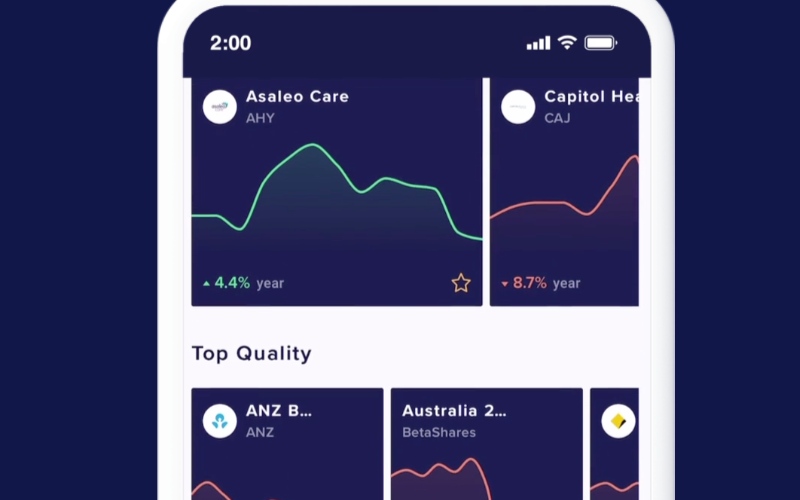More than 9,000 calls to the financial advice helpline were made in the three months to December 2018 in Western Australia, which represents a 68% increase from the 5,400 calls 12 months prior.
Despite making up barely 11% of the country’s population, this means that 21% of people calling for debt solutions were from the western state. A disproportionate number.
New South Wales received the most phone calls across the nation, with nearly 11,000 people calling the National Debt Helpline.
But this isn’t nearly as alarming considering it’s the most populated state, and this figure is only a 10% increase from the previous year.
The only other state to record an increase in calls was Victoria, which saw an increase of 3%. All other states saw minor decreases in calls between 6% and 13%.
Mortgage stress and repossession a major debt concern
Bev Jowle, executive officer of the Financial Counsellors’ Association (FCA) of WA, told the ABC that the WA branch
“We had 137 calls in one day. January’s never usually this busy. We’re really surprised.”
A large number of callers cited mortgage stress and property repossession, while many workers who received redundancies after the mining boom used this money to pay down other debts.
“The mining downturn, I think, really started the ball rolling,” Ms Jowle said.
“Now that [money has] run out, they’re starting to have to go back to making repayments on the mortgage,” she said.
Australia-wide there are currently more than a million households experiencing mortgage stress (1,026,106 to be exact), according to Digital Finance Analytics.
This equates to more than 31% of owner-occupied households, and these figures are on the rise, with an extra 3,000 reporting mortgage stress from December to January.
More funding for financial counselors needed?
Despite the influx of calls, not all of them were answered.
The helpline’s data revealed that only two-thirds of calls were answered in this period.
Single calls can apparently last up to an hour, while there’s a maximum of five financial counselors on duty at any given time.
“The numbers speak for themselves, but there are many, many people who don’t get through because we simply don’t have the staffing to manage that volume,” Ms Jowle said.
“I think capacity really needs to be doubled before we actually start to see that people are getting those services as quickly as possible.”
If you’re experiencing financial difficulty, contact the National Debt Helpline on 1800 007 007, or visit its website.
For feedback or queries, email will.jolly@savings.com.au



 Harrison Astbury
Harrison Astbury
 Denise Raward
Denise Raward

 William Jolly
William Jolly


